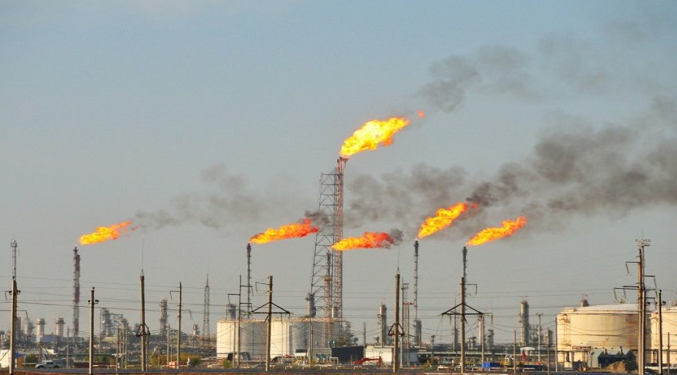Nigeria Gas Flaring could be coming to an end after decades of environmental and revenue loss.
The Nigerian Upstream Petroleum Regulatory Commission (NUPRC) has stated that it had set an ambitious target of ending routine flaring by 2030.
It is also the goal of the country to reduce methane emissions by 60 percent by 2031 using a gas-centric transition strategy
This plan was announced by Gbenga Komolafe, the head of the NUPRC at the Nigeria Oil & Gas Week in Abuja.
He said it will convert gas into an economic commodity instead of burning it down in vain.
The plan involves increasing LNG infrastructure, improving domestic piping and utilizing carbon-capture technology.
It is based on the success of the current programs such as the Decade of Gas and the Nigerian Gas Flare Commercialisation Programme.
Komolafe further pointed out to tougher punishment to the oil companies that do not comply with the act and that there can be license revocation under the Petroleum Industry Act.
But analysts caution that this goal will be attainable only with massive investment in infrastructure and grave determination of the private operators.
Assuming that it succeeds, the elimination of Gas Flaring has the potential of increasing revenues, as well as generating employment and enhancing the climate image of Nigeria in the global arena.
The 2030 pledge by Nigeria has been debated in the energy sector and this will mean a big policy change.





